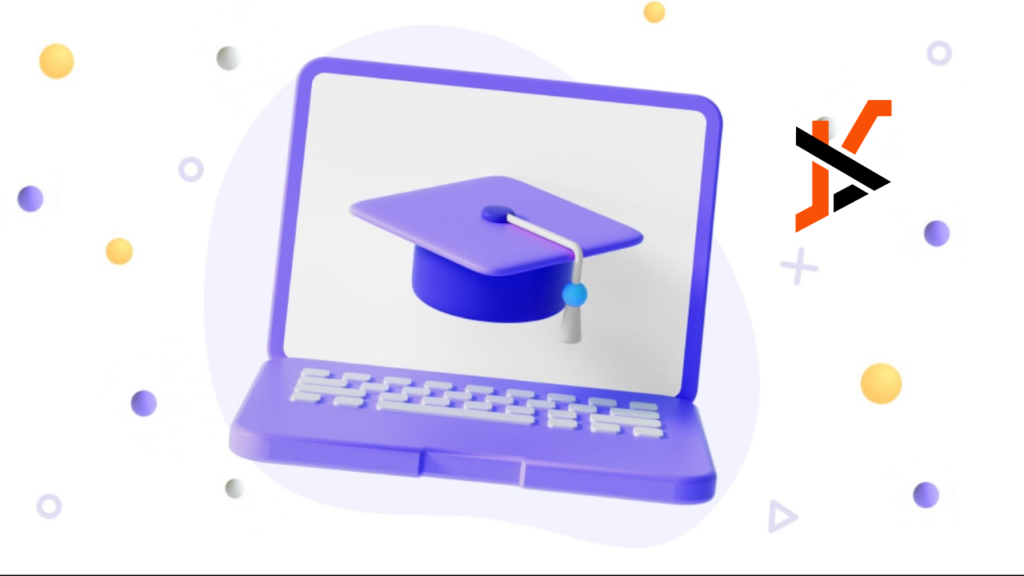In the current digital era, the need for online education is skyrocketing, making it an opportune time for businesses to invest in creating e-learning platforms. An LMS software development company can provide the technical expertise needed to build robust learning management systems tailored to various educational needs. These platforms serve as a bridge between educators and learners, offering an interactive and flexible learning environment accessible from anywhere in the world.
Geniusee, a leading software development company, specializes in creating state-of-the-art e-learning platforms. With expertise in developing customized solutions for educational institutions and corporate training programs, they ensure that their platforms are not only functional but also engaging and user-friendly. The company’s innovative approach integrates advanced technologies such as AI and VR to enhance the learning experience.
Identifying Your Target Audience and Platform Type
Creating an e-learning platform involves several crucial steps. The initial step is to determine the target audience and understand their educational needs. This knowledge will inform the design and functionality of the platform. For example, a platform aimed at corporate training will differ significantly from one designed for K-12 education in terms of content delivery, user interface, and features.
Next, defining the type of e-learning platform you want to create is essential. There are several types, including MOOCs (Massive Open Online Courses) like Coursera, LMS platforms, open-source LMS platforms, and custom-built learning platforms. Each type has unique features and serves different educational purposes. For instance, MOOCs offer a wide range of courses from various providers, making them suitable for diverse learning needs, while LMS platforms are often used for more structured and continuous learning environments.
Essential Features for Administrators, Students, and Instructors
Once the type of platform is determined, the next step is to outline the essential features. For administrators, the platform should include features like an admin panel, payment gateway setup, course category management, and user management. These features allow administrators to manage the platform efficiently, ensuring smooth operations and a seamless user experience. For students, features such as a smart search system, course summaries, communication tools, and dashboards are critical. These tools help students navigate the platform, access course materials, and track their progress effectively.
For instructors, an e-learning platform should offer course creation tools, analytics dashboards, and communication features. These tools enable instructors to create engaging content, monitor student performance, and interact with students to provide support and guidance. Additionally, incorporating gamification elements can significantly enhance the learning experience by making it more interactive and enjoyable. Gamification involves using game-like features such as points, leaderboards and badges motivate learners and encourage active participation.
Leveraging Advanced Technologies for Enhanced Learning
Another technology that can be utilized is artificial intelligence (AI) to create a more personalized learning experience. AI-powered features such as adaptive learning paths, personalized recommendations, and real-time feedback can help customize the educational material to address the unique needs of each student. This not only enhances the learning experience but also improves learning outcomes by addressing the specific challenges and preferences of each student.
Virtual reality (VR) and augmented reality (AR) are also revolutionizing the e-learning landscape. These technologies provide immersive learning experiences that can create real-world scenarios, making learning more interactive and impactful. For example, medical students can use VR to perform surgical procedures in a safe environment, while engineering students can use AR to visualize complex structures and mechanisms.
The Technical Steps: From Prototyping to Testing
Creating an e-learning platform also involves several technical steps, including prototyping, UI/UX design, programming, and testing. Prototyping involves creating a detailed layout and navigation structure for the platform, ensuring that it is user-friendly and intuitive. UI/UX design aims to craft an engaging and visually attractive interface that enriches the learning experience.. This step is crucial as it determines how users interact with the platform and access its features.
Programming is the next step, where the design is translated into a functional platform using various programming languages and technologies. This step involves writing the code that powers the platform’s features and functionalities. Once the programming is complete, the platform undergoes thorough testing to guarantee it is free of bugs and glitches. Testing involves checking the platform’s performance, usability, and security to guarantee it adheres to the highest quality standards.
Launch and Continuous Improvement
After the platform is developed and tested, it is launched and made available to users. However, the development process does not end here. Continuous technical support and maintenance are essential tomaintain the platform’s functionality and keep it up-to-date. This involves regular updates, bug fixes, and feature enhancements to keep the platform relevant and effective.
Cost Considerations and ROI
In terms of costs, developing an e-learning platform may require a substantial investment, but the returns in terms of educational impact and business growth can be substantial. The cost depends on various factors, including the complexity of the platform, the features it includes, and the technologies used. It is essential to work with an experienced development partner like Geniusee to ensure that the investment delivers the desired outcomes.
Conclusion: Partnering with Experts for Success
Creating an e-learning platform is a complex but rewarding endeavor. By partnering with an experienced LMS software development company like Geniusee, businesses can leverage advanced technologies and innovative solutions to create engaging and effective e-learning platforms. These platforms not only enhance the learning experience but also provide opportunities for growth and development in the ever-evolving field of online education.

